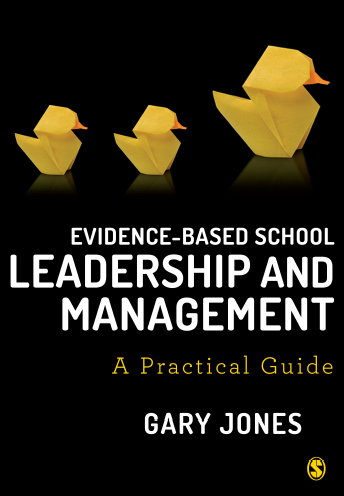Instructional coaching blog
Thursday 15 November sees the Teacher Development Trust hold a one day conference on coaching and how it could/can be used to drive school performance. Unfortunately, as I am not able to attend the conference I thought I’d better use some time to do a bit of reading around the subject of coaching and instructional coaching. This seemed particularly sensible as @DrSamSims has recently described instructional coaching as the best evidenced form of CPD. Subsequently, I stumbled across the work of Jacobs, Boardman, et al. (2018) who undertook a research investigation to understand teacher resistance to instructional coaching. As such the rest of this post will:
· Offer a definition of instructional coaching
· Provide the abstract of Jacobs et al’s research.
· Undertake a review of the research using the 6 A’s framework (see https://www.garyrjones.com/blog/2018/10/10/how-can-we-trust-research or http://www.cem.org/blog/how-can-we-trust-research/ )
· Consider the implications schools wishing to support colleagues’ professional learning and development.
Definition – Instructional Coaching
Put simply – instructional coaching involves a trained expert working - be it an external coach, leader teacher or peer - with teachers individually, to help them learn and adopt new teaching practices, and to provide feedback on performance. This is done with the intent to both support accurate and continued implementation of new teaching approaches and reduce the sense of isolation teachers can feel when implementing new ideas and practices.
Abstract
Research provides strong support for the promise of coaching, or job embedded professional development, particularly on improving teachers’ classroom instruction. As part of a comprehensive professional development model, 71 middle school (grades 6–8) science, social studies, and language arts teachers were assigned to an instructional coach to support their required use of a multicomponent reading comprehension approach, Collaborative Strategic Reading. In this study, we sought to better understand the factors that influence responsiveness to coaching, focusing in particular on teachers who appeared the least receptive to collaborating with a coach to support the implementation of a new practice. Results highlight the patterns and complexities of the coaching process for 20% of the teachers in our sample who were categorized as resistant to coaching, suggesting that the one-on-one model of coaching offered in this study may not be the best fit for all teachers.
